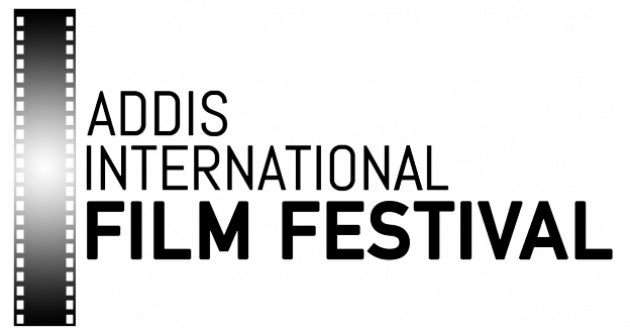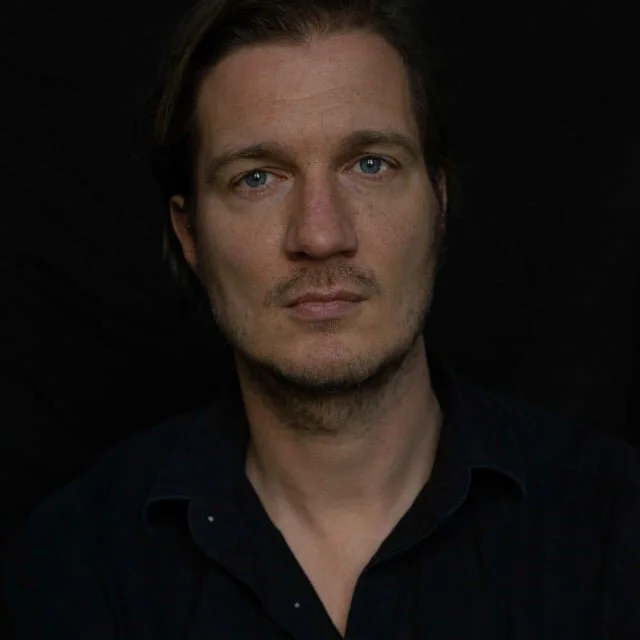INTERVIEW WITH FILM DIRECTOR Daniel Kötter
1. Why did you decide to work on YU GONG?
Yu Gong is a movie that came out of a 5 year long research on the relations between China and different African countries.
The project Chinafrika.under construction, initiated by curator Jochen Becker, brought together 40 artists from Africa, China, Hong Kong and also Europe to work on that topic. I conducted the research together with Jochen Becker in nine different African countries and China and collected my own video footage while travelling. Yu Gong is the compilation of that footage. It tries to bridge economic, political and cultural aspects in the format of a journey through the continent from north to south. The fragmented character of the film responds not only to the fact that it is based on research footage collected over the course of 5 years but also reflects the fact that us as Europeans stand outside of this Sino-African encounter, as ignorant observers. And after 500 years of coloniality, imposed by Europe and the West not only on Africa, it is no longer time to tell the story of Africa from a dominant definitory European point of view. Instead I chose to have the Chinese fable of Yu Gong retold in different African languages as the guiding narrative of the film. Africa can and surely will move the mountains. But whoever tells the story from an allegedly superior position will fall into the trap expressed by the quotation from a book by Walter de Mignolo that closes the film:
„…to show that modernity is half of the story
constantly hiding and repressing what doesn’t fit the imaginary and desires of storytellers
that legitimize themselves in the name of science, politics and economy
that provides a warranty for the well-being and interests of the storytellers.“
- Walter de Mignolo
2. Which of your movies won great critical acclaims and awards?
Actually awards do not necessarily reflect the quality or importance of a film since we all know that they depend on the personal taste of few individuals. The ones of my films I like the most never won awards.
Yu Gong was awarded the Best Documentary Film at Acting Berlin, Berlins second largest film festival.
I worked on a trilogy of films on the urban periphery in the middle east and Africa. Hashti Tehran was awarded with the most high ranking award for mid-length films of the Federal Republic of Germany, Rift Finfinnee that looks at the urbanization process at the periphery of Addis Ababa just recently won the DEFA award at prestigious DOK Leipzig. But for me it would be much more important than any international awards to soon also have the opportunity to discuss this film in Ethiopia in person. Who knows maybe latest next year in AIFF?
3. Is there a growing interest in documentaries and if so why?
Well, I hope there would be a growth in documentaries, since my motivation to make films is to relate with time and space to reality. Telling fiction stories can be thrilling and most of my favorite films are non-documentaries. But in times where politics and politicians might have taken over from Hollywood to tell fake stories all the time maybe we need less of Hollywood and more of a critical approach to the reality that surrounds us and documentaries can be one way of doing that.
4. What would you like to do next?
There is plenty of ideas but nothing concrete to talk about I suppose. As I am working between theatre and documentary film I am currently working on a project series on the impact of mining on landscapes and communities in West Papua, Germany and DR Congo. Instead of using conventional cameras I work in that series with 360° films to be watched with VR-glasses. For me this is a new way of re-adjusting the power relation between camera, protagonists and viewer. In 360° film I can never be sure if someone is not looking at me behind my eyes and that could allow to change the European gaze on Africa to a certain extent I hope. This technique actually would allow me to keep working outside of Europe without having the feeling to impose my view on the people too much. Another technique I would like to explore especially when working on the African continent is a more sustainable form of collaboration with African film makers. So if someone in Addis feels like working with me on a documentary on the GERD project for example, feel free to contact me ;-).
Director Daniel Kötter

